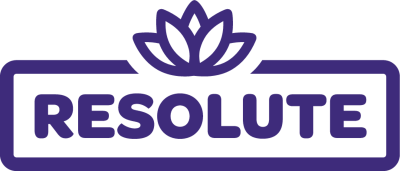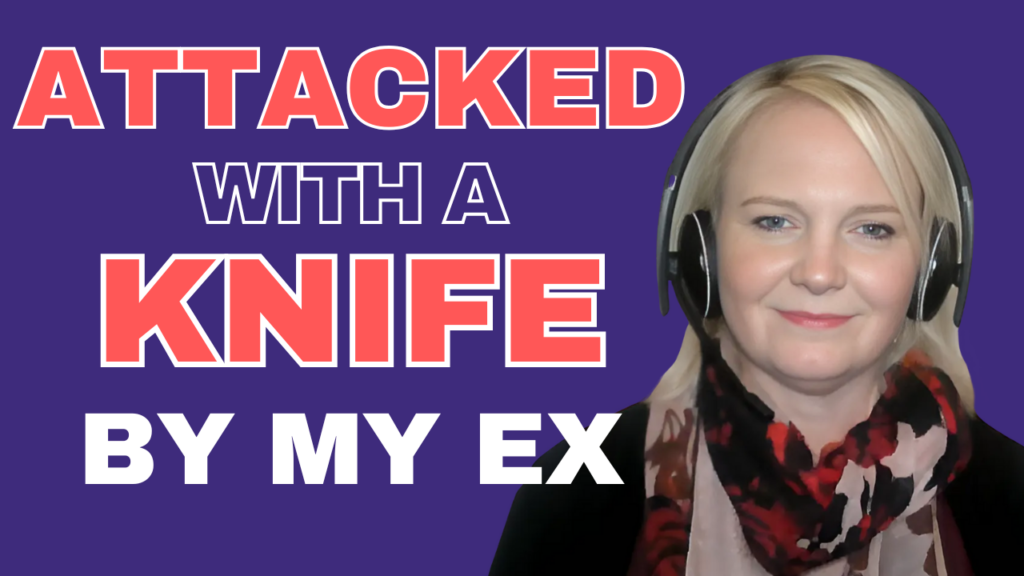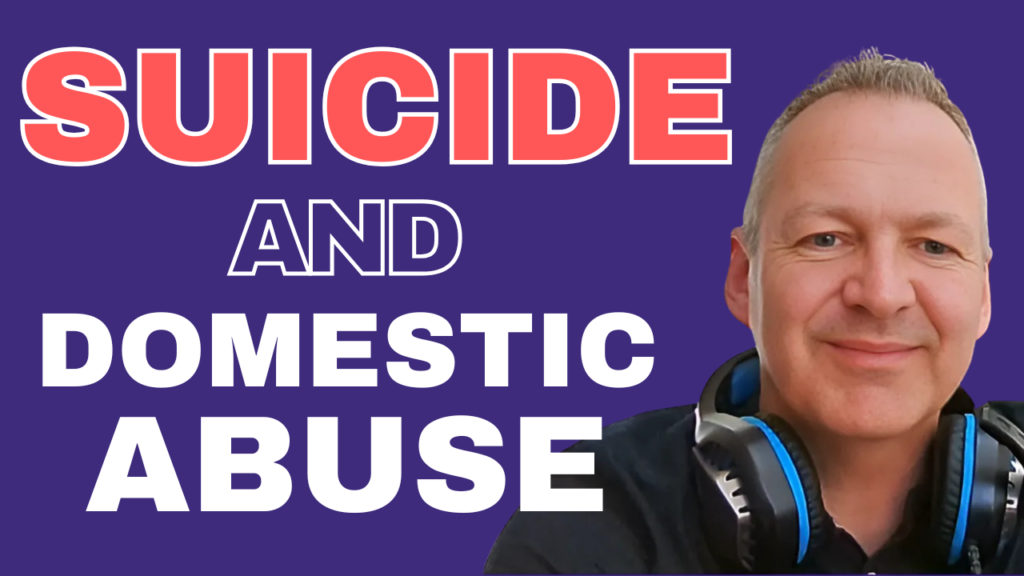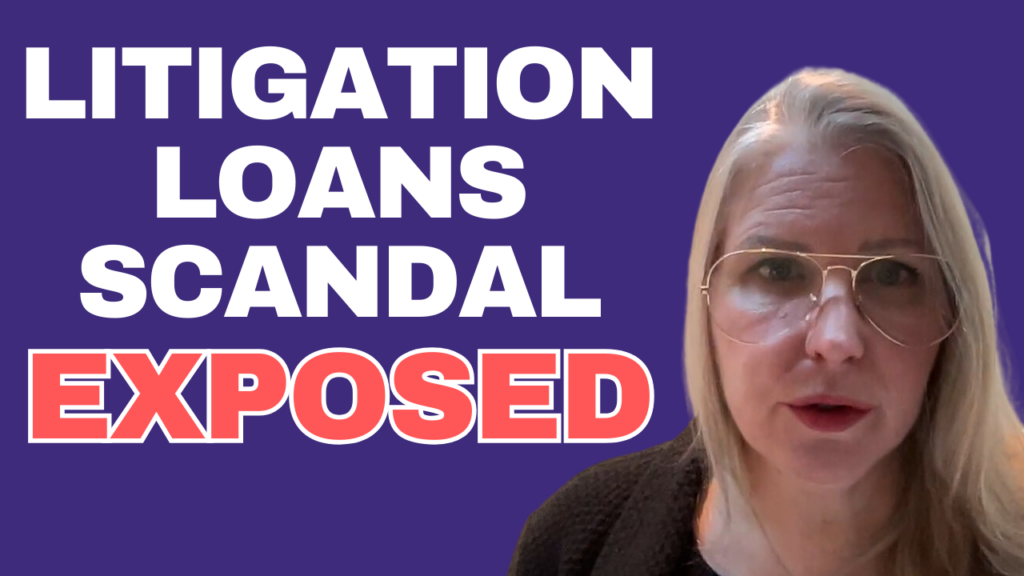Resolute’s CEO Debbie Jones welcomes back Emma Arran to discuss the critical need for mandatory training on coercive control for social workers. They explore the concerning lack of education in this area, despite the high percentage of cases involving domestic abuse and coercive control that social workers handle. The conversation delves into the variations in social work degree programs, the influence of power dynamics, and the impact of systemic issues on families. They also touch on the remembrance of children lost to systemic failures, the importance of human rights in social work, and the need for a culture of activism and specialized education within the field.
00:00 Introduction and Greetings
00:16 Discussing Social Worker Training on Coercive Control
01:22 Variation in Social Work Training Programs
02:08 Personal Experience with Coercive Control Training
03:06 The Importance of Power Dynamics in Social Work
03:52 Human Rights and Social Work
06:53 Remembering Victims and the Need for Change
07:58 Challenges in Family Court and Social Work
13:55 Issues with Family Group Conferences
23:12 Inaccuracies and Malpractice in Social Work Reports
26:37 Challenges in Mental Health and Social Work
26:55 Impact of Miscommunication in Child Protection
27:35 Casual Language and Its Consequences
28:10 The Power of Written Records
28:52 Domestic Violence and Misinterpretation
29:36 The Role of Abusers in Manipulating Narratives
30:29 Personal Stories of Betrayal and Loss
32:34 The Broader Impact of Abuse
33:27 Social Workers and the Abuser’s Narrative
36:23 Misogyny and Prejudice in Social Work
37:24 The Need for Change in Social Work Education
37:52 Human Rights and Social Work
38:22 The Impact of Historical Abuse on Current Cases
44:39 The Role of Social Work in Mental Health
48:06 The Importance of Specialized Training
50:15 The Future of Social Work and Activism
53:46 Conclusion and Call to Action








